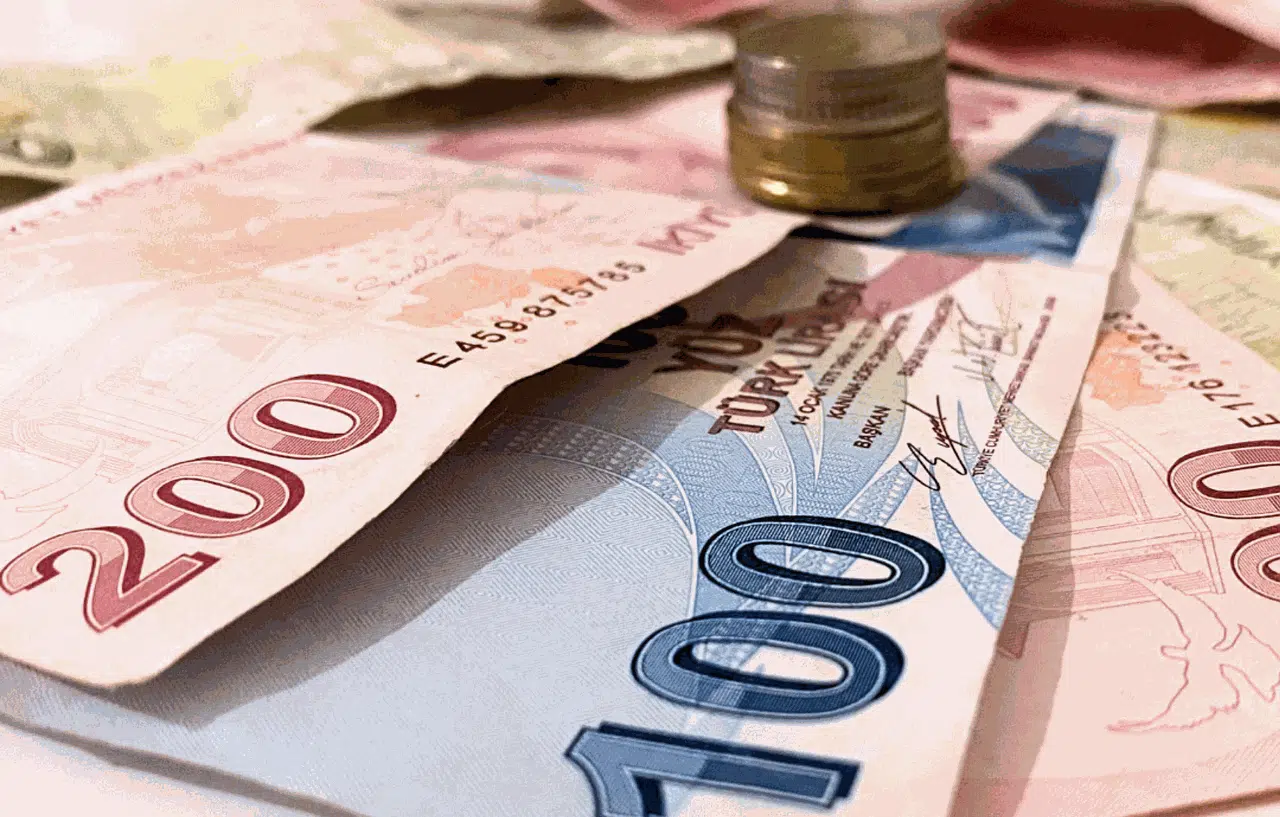
Devaluation represents a decrease in the value of the currency.
Devaluation is the act and consequence of devaluing . This concept refers to the action of reducing the value of a monetary system or another element or matter.
For example: "The devaluation was necessary to get out of the economic crisis" , "The candidate opposed a new devaluation of the currency" , "After the devaluation, the price of houses multiplied" .
What is devaluation
Devaluation consists of reducing the nominal valuation of a currency compared to other foreign banknotes . This change in value can have various causes, generally associated with the scarcity or absence of demand for the national currency and greater requirements for international currencies.
When consumers do not have confidence in the national economy , they usually turn to buying foreign banknotes. This occurs since the foreign currency is considered a more stable and solid refuge of value than the local currency. As demands for foreign currencies increase, their price increases and devaluation occurs.
This situation is common in many Latin American countries. Citizens, concerned about the ups and downs of the economy, choose to save in dollars (the North American currency). In this way, the devaluation of the local banknote of each country usually develops.
Devaluation is usually decreed by the country's central bank . It should be noted that the currency has no real value (it has a representative value), so it is assumed that the currency is backed by the wealth of the country. When circulating banknotes exceed reserves, devaluation may be ordered to balance the situation.

Devaluation is frequent in Latin America.
The consequences
When the devaluation of the currency is decreed in a country there are always consequences. The first thing you notice is the increase in the value of the gold reserves you have, which is expressed in the national currency.
Next, there is an alteration in the exchange rates that exist with respect to foreign currencies (this change is due to the fact that said currencies must be exchanged based on what the metal is estimated to be worth in the aforementioned territory).
And, as it cannot be any other way, the third consequence is closely related to the previous ones. It has to do with changes in prices ; firstly from imported articles and secondly from national ones (when manufactured with imported or exportable objects). This stimulates exports and reduces imports , because the former receive a better profit than the latter.
There are, however, other types of consequences that are less visible but no less important. One of them is that the rest of the countries that belong to the same gold standard system hinder the import of the one that has devalued or cause their own devaluation to increase the currency of the country that has devalued and not lose in the commercial exchange .
Victims of devaluation
A devaluation can be terrible for small merchants and individuals who reside in a certain place, however for exporters it can be an important source of enrichment, which is why in many countries many exporters do their part to ensure that the your country's currency declines and devaluation is declared in order to do better business and get rich .
Among those who are most affected by the devaluation are salaried employees, retirees (with the same salaries they will not be able to access the products that increase every day and will have to demand an increase or a review of their contracts), those that are paying a debt in foreign currency but receive a salary in the national currency, companies that have a rate that is not reflected in the country's currency .
Finally, it is worth mentioning that the devaluation will also cause a clear increase in communications between the country that suffers it and abroad , making freight, money transfers and telephone calls more expensive.
